
- When it comes to midnight snacking, you must avoid certain foods that interfere with sleep, cause indigestion, reflux, and heartburn.
- When you’re dealing with sleep issues, consider limiting your intake of fatty foods, spicy foods, and alcohol before bed.
- If you have heartburn, eating acidic foods before bedtime may not also be a good idea as lying down makes the problem worse.
If you’re craving a bedtime snack or beverage, don’t just grab the first thing that sounds good. Eating certain foods prior to bedtime can interrupt your sleep by causing nightmares, tummy troubles, insomnia, and trips to the toilet. There are many other healthy foods you can eat at night.
So now, the question is: To eat a bedtime snack or not?
Here are insights from registered dietitian Julie Stefanski, M.Ed., RDN., on which foods are okay to eat before bed, which ones to avoid, and what some potential side effects might be.
1. Spicy foods
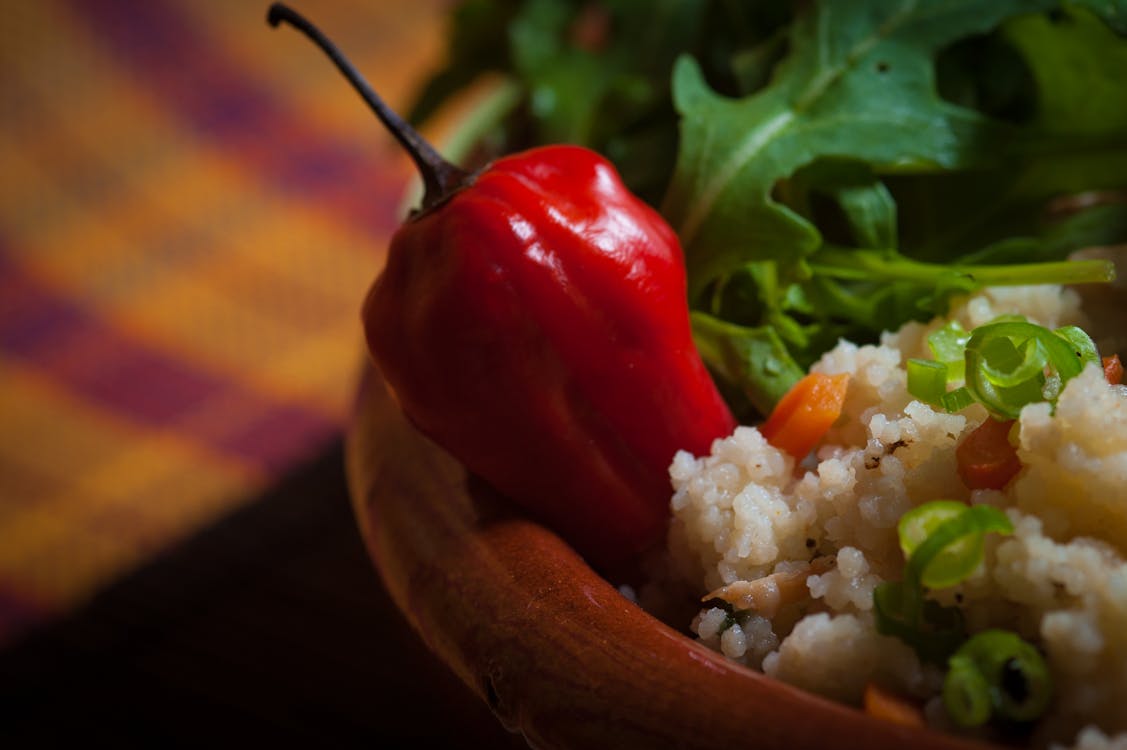
If you’re prone to heartburn, it’s best to save them for lunch or an early dinner, Stefanski tells mbg. Spicy foods do more than stimulate your taste buds. They can also trigger acid reflux even in the middle of the night, making it hard for you to stay asleep. It can disrupt sleep due to the high amounts of the chemical capsaicin it contains, which increases body temperature.
2. Alcohol

While a glass or two of wine might initially make you sleepy, research shows that alcohol actually disrupts your natural sleep patterns (REM), says Stefanski. Consuming alcohol before bedtime also means waking up in the middle of the night and early in the morning to pee.
3. Fried and fatty foods
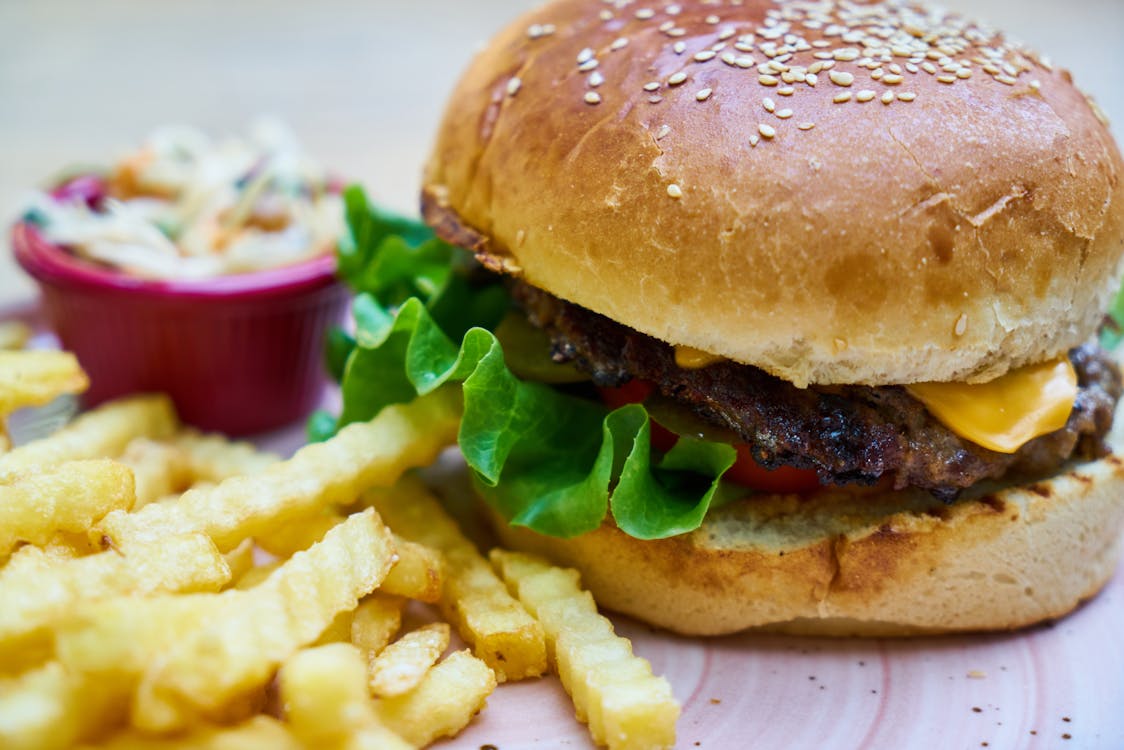
Stefanski notes that acid reflux at night can also be triggered by eating saturated fats and fried foods prior to bedtime. Eating too much of these gets your digestive tract working hard, causing indigestion and bloating, which are not great if you’re trying to get to sleep.
4. Acidic foods
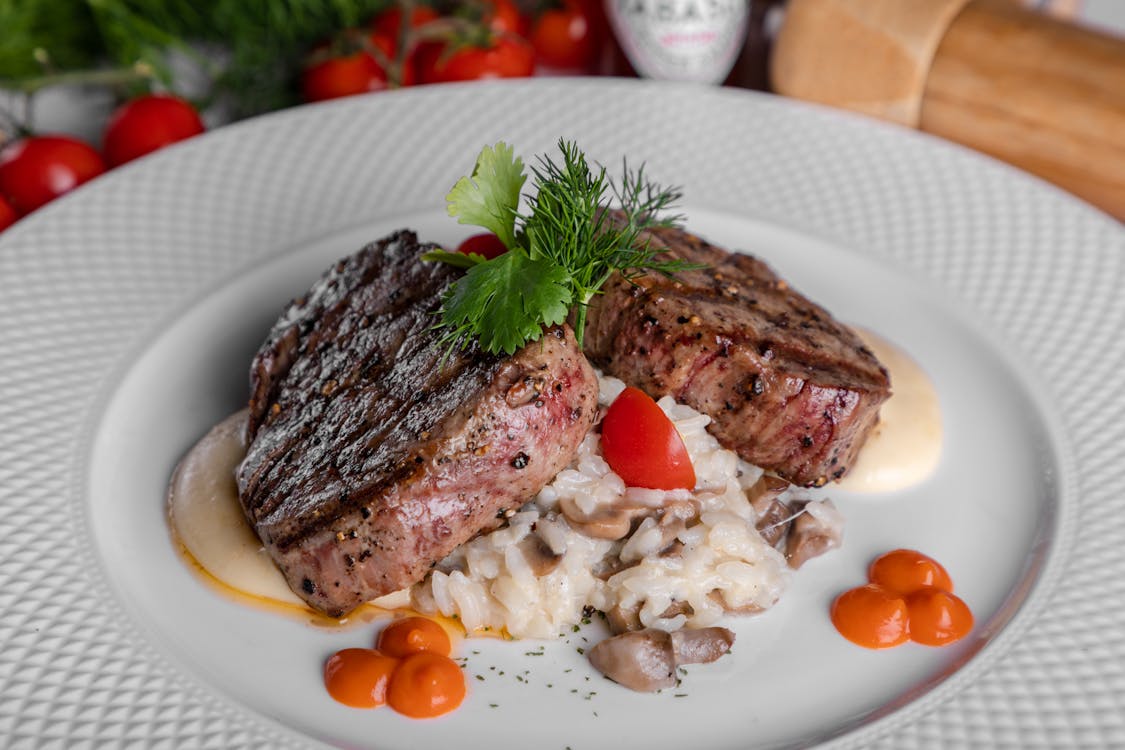
Eating acidic foods just before bedtime can be problematic if you have reflux issues or an acidic stomach. According to Stefanski, reducing stomach acid production is one of the key approaches to bedtime eating. To do this means not eating too close to bedtime and simply avoiding acidic foods, which include everything from sugar to grains, some dairy and meat products, and baked goods.
5. Soda and caffeinated beverages
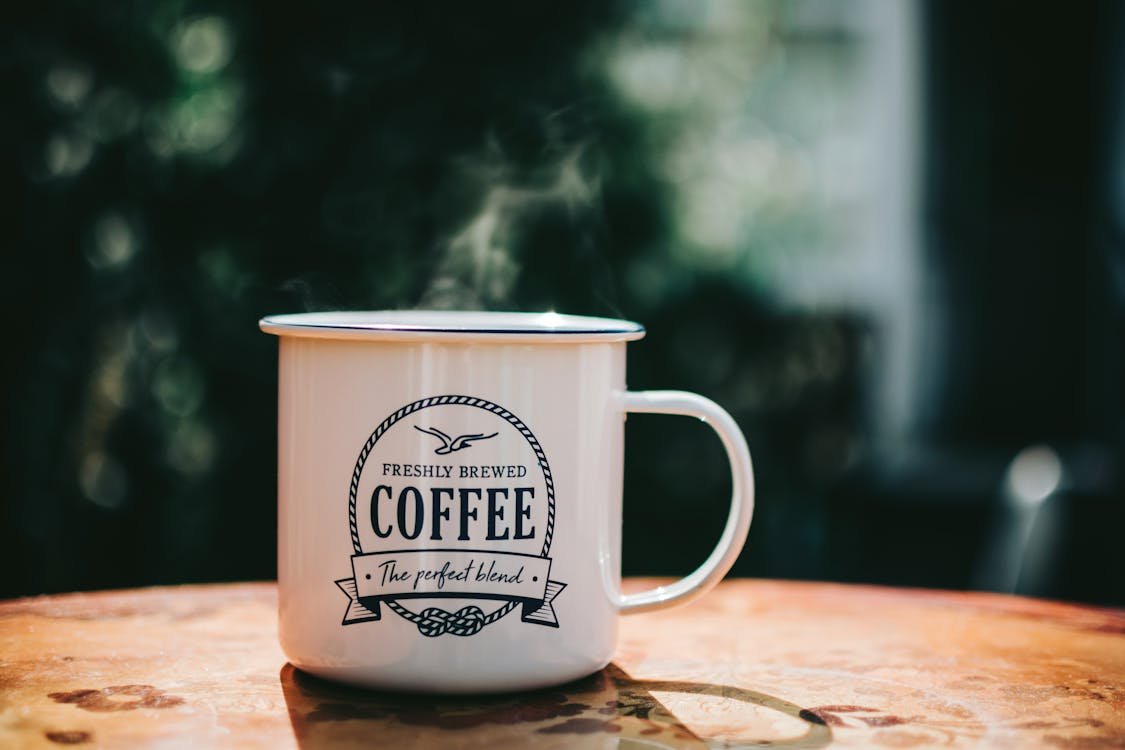
In addition to coffee, soda and caffeinated tea are both a no-no before bedtime. Because these can keep you awake, Stefanski suggests having a cutoff time from drinking caffeine during the day. Carbonated beverages, which are chock-full of stimulating sugar, can also interfere with sleep and cause acid reflux.
6. Large and heavy meals

As a general rule of thumb, Stefanski tells mbg that eating big meals before bed should be avoided at all times. Not only is sleeping with a full and bloated stomach uncomfortable, but your body will also require energy throughout the night to burn off those unwanted calories, interrupting sleep in the process. Eating larger lunches and lighter dinners which help with sleep are recommended instead.
Sleep-supporting foods to eat
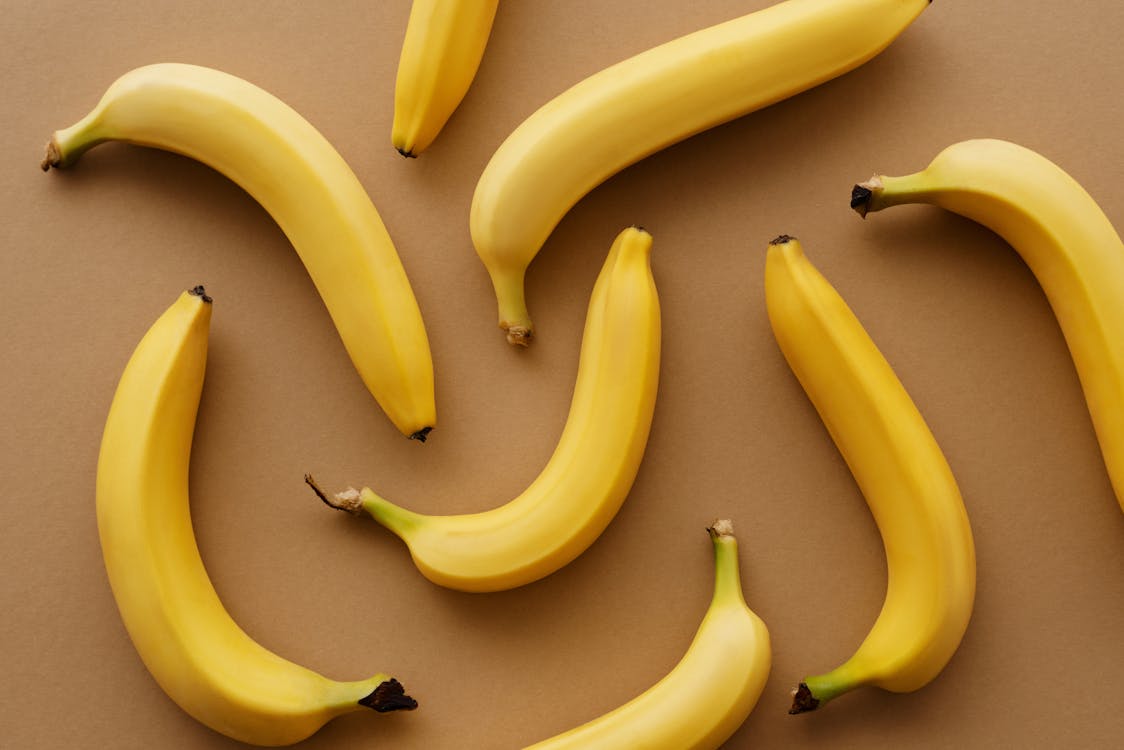
Still hankering for a midnight snack? Then opt for magnesium-rich foods instead. Not only do these satisfy your hunger, but you also get a healthy dose of magnesium, which is known for promoting sleep. Good sources include bananas, chickpeas, nuts, seeds, and dark chocolate. Just remember to keep it light to avoid feeling too full.
The bottom line.
Everybody (and every body) is different, but there are certain types of foods that tend to disrupt sleep. If you’re experiencing sleep issues, try cutting the aforementioned food groups from your nightly diet and keeping a food journal to track your symptoms. When you do reach for a bedtime snack, instead go for magnesium-rich, sleep-supporting snacks.
Via mind body green
